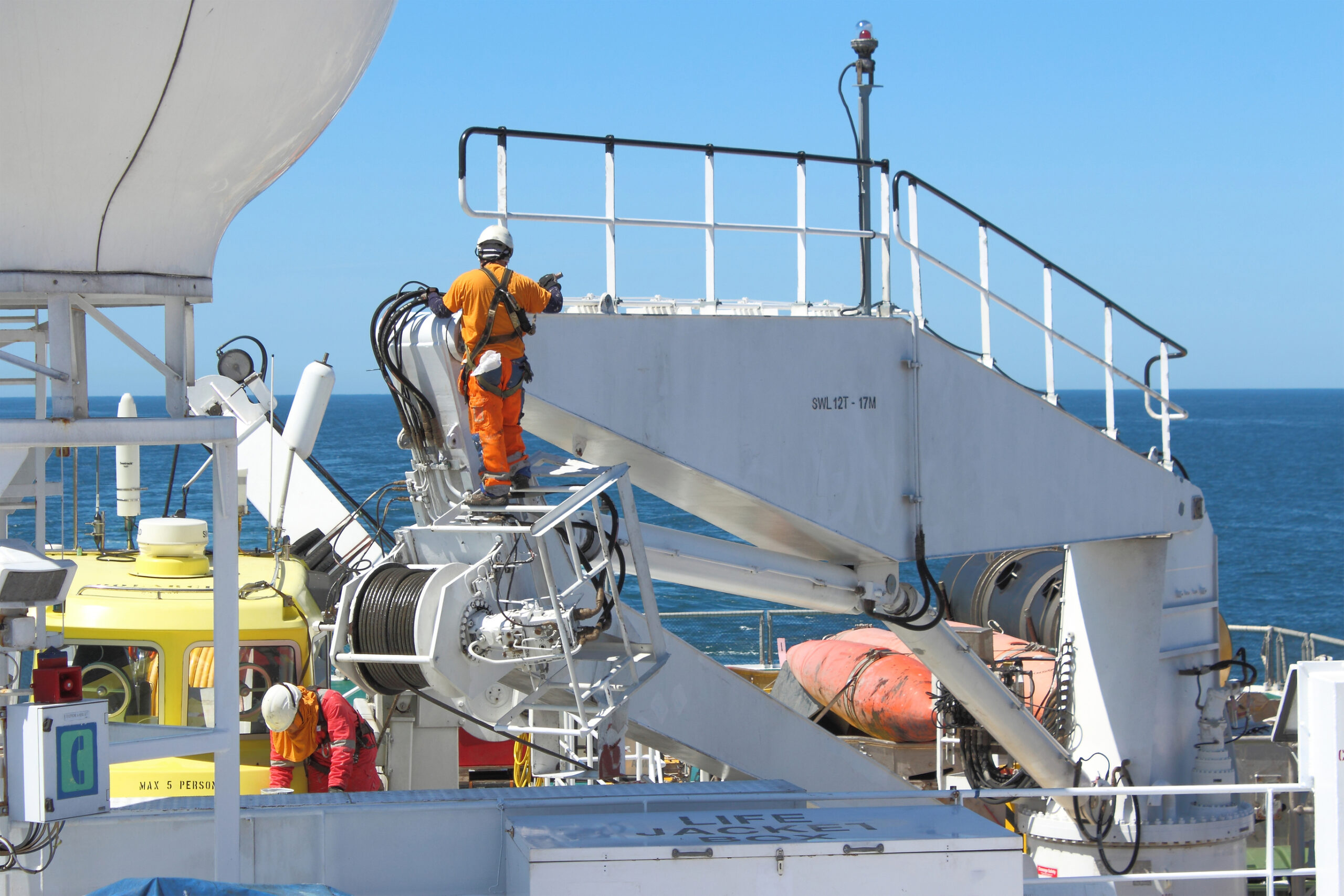Work-related fatigue among cargo seafarers has increased, despite efforts to monitor work and rest regulations on ships, according to a new study from Cardiff University’s Seafarers International Research Centre.
The analysis derives from anonymous questionnaires and interviews with 1,240 cargo ship workers and 1,202 cruise sector workers.
These reports come out within days of a cargo ship running aground in Norway, narrowly missing a house.
The watch officer has told police that he had fallen asleep on the bridge prior to the incident.
Authorities are investigating whether rules regarding rest hours were adhered to on board the vessel.
The Cardiff study reveals that over a third of cargo workers who were on board a ship when they completed the questionnaire had not had enough sleep in the past 48 hours.
Seafarers stated that they did not get enough sleep because of the number of hours they worked, the patterns of work they observed, their port duties, vessel movement and noise. These issues had increased since similar data was collected in 2016 and 2011.
A higher number of cargo workers also described insufficient sleep due to work-related anxiety, general anxiety and homesickness than in previous surveys. Insufficient sleep as a result of work-related anxiety was a particularly acute problem among senior officers.
Other findings show that in almost one in five cases, cargo seafarers who had experienced a serious injury or illness had not had medical attention when they needed it. There was normally no access to a qualified medic on board, with patchy telemedical assistance being provided until they arrived at port.
The reports also focus on the experiences of cruise ship workers, with just under half of the 950 participants who were at sea when surveyed feeling they had not had sufficient sleep in the previous 48 hours. Work hours and work patterns were the main reasons for insufficient sleep.
Almost one in 10 cruise workers described a medical condition which they attributed directly to their work, although most had access to a qualified doctor on board.
Unlike cargo ship workers, the majority of cruise workers were denied private sleeping arrangements as a result of a desire to prioritise revenue earning spaces over crew accommodation.
Almost all seafarers reported a lack of access to the benefits of bathtubs and described a preference for greater access to these as well as to saunas.



